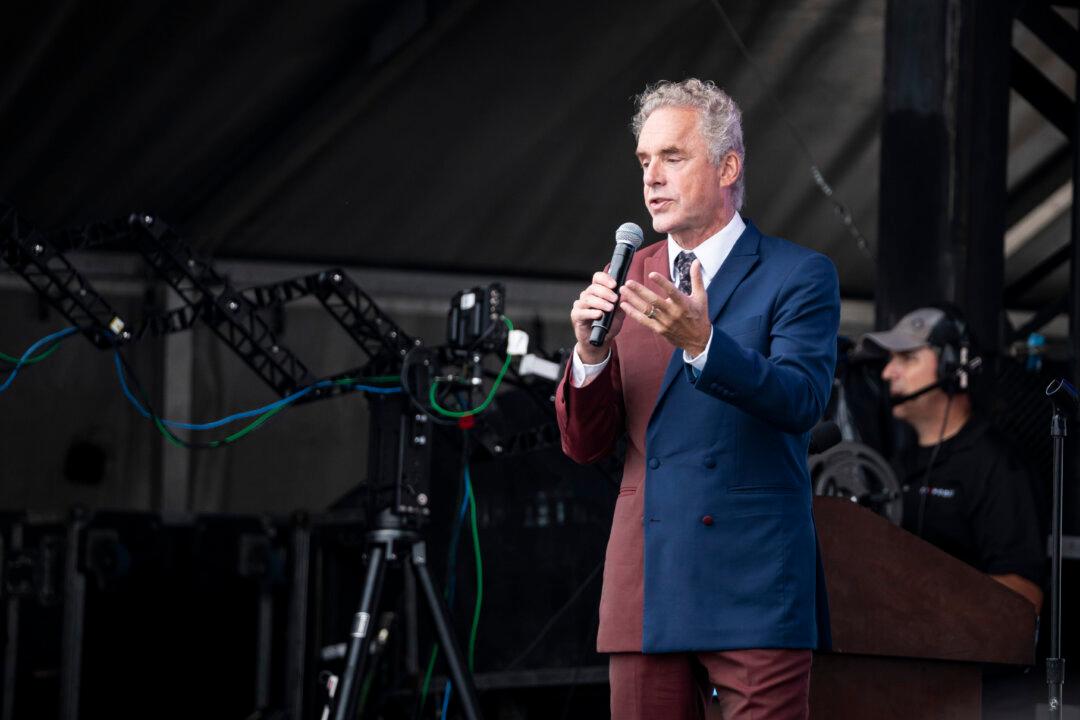Prominent psychologist and public speaker Jordan Peterson says that with his move to the United States, he can speak up for his home country by leveraging his connections within Donald Trump’s administration.
“I can do a lot of good for Canada in the United States,” Peterson told The Epoch Times’ Jan Jekielek on Jan. 19 at Turning Point USA’s Inaugural-Eve Ball celebrating the arrival of the new administration.






